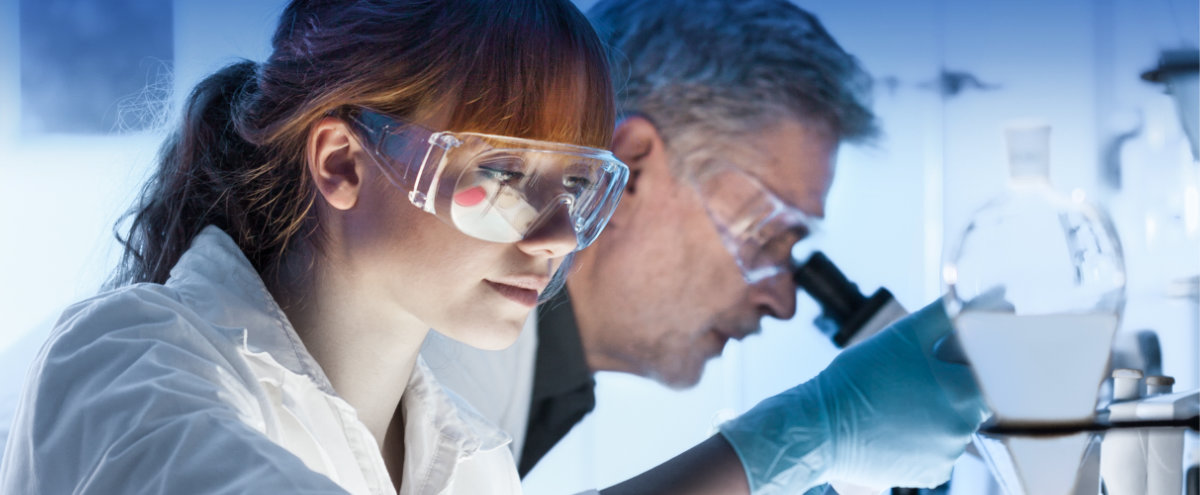Investigating the Design and Engineering of Nanobodies for Advanced Biomedical Applications
ApplyProject Description
This project focuses on the engineering and design of nanobodies, the smallest functional antibody fragments derived from camelid heavy-chain-only antibodies. Due to their small size, stability, and solubility, nanobodies are ideal for economical antigen capture in diagnostics, therapeutics, and biosensing. Moreover, the project also explores latest advancements in nanobody generation methods, and epitope prediction aided by computational techniques.
Project-duration will be 3-6 month, details of arrival/departure dates to be discussed.
 Division -
Biological and Environmental Sciences and Engineering
Division -
Biological and Environmental Sciences and Engineering
About the
Researcher
Magnus Rueping

Desired Project Deliverables
Students shall extend their general knowledge and skills in molecular biology and protein biochemistry. An emphasis will be put on expression, purification and characterization techniques. Students will be taught to work independently on projects, yet strengthening their critical sense to develop new ideas. In the course of the internship students shall demonstrate this understanding during oral presentations and one final written report.

